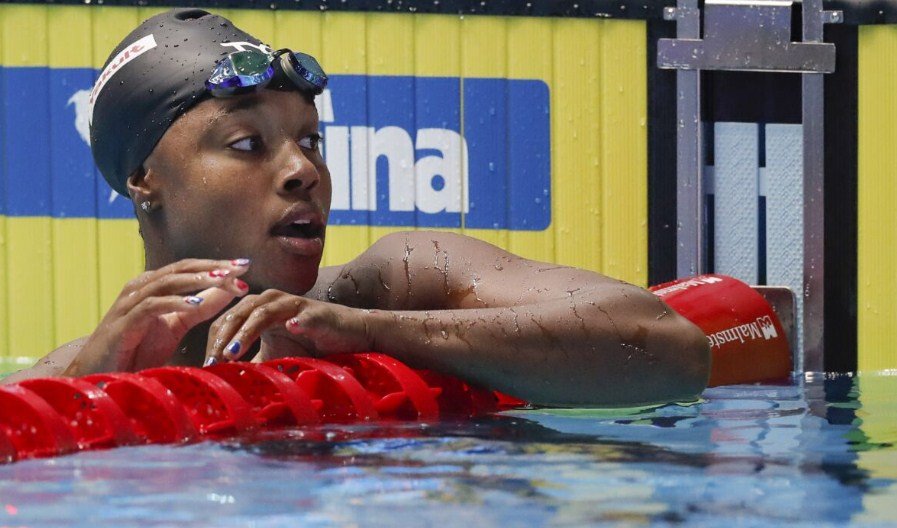Test events canceled due to poor water quality
One of the most anticipated aspects of the Paris 2024 Games is the fact that open-water swimming events are set to be held in the Seine river. However, the city has been trying to make the Seine swimmable for more than 30 years, and holding Olympic events in the iconic waterway is proving to be one of the greatest challenges facing organizers.
Last week, World Triathlon events were held to serve as a test ahead of the Games next summer. Though the women’s and men’s triathlons on Thursday and Friday were held as planned, on Saturday, high levels of E.coli bacteria were detected in the river water. A paratriathlon event was canceled as a result, as was a mixed relay set to be held on Sunday.
And at the beginning of August, the Open Water Swimming World Cup event was also canceled due to water quality being below acceptable standards, per the French Swimming Federation.
No Plan B for swimming events
France has already invested 1.4 billion euros (about $1.5 billion) in its Seine clean-up project1. Not only is its success crucial to the Olympics swimming events going off—organizers said there is no Plan B—but it will open the river, which has been a lifeline of the city since the Middle Ages, to the city’s inhabitants for bathing and recreation.
Tony Estanguet, the head of the Paris 2024 organizing committee, stressed that there was no alternative venue for the swimming events. “There is no solution to move the event; the triathlon and open water swimming will be held in the Seine next year,” he said. “The objective was to make the Seine swimmable in 2024.”
The project hinges on containing rainwater
The project hinges on containing rainwater in an enormous underground reservoir so that it can be treated. When Paris experiences heavy rains, its sewer system overflows, sending excess wastewater into the river. France’s massive investment has already made some progress in preventing wastewater from flowing into the river.
However, climate change poses another challenge, as extreme weather events become more frequent and unpredictable. The organizers have said that they are working closely with local authorities and environmental experts to monitor the water quality and ensure that it meets the standards for next year’s Games.
A historic and symbolic gesture
Swimming in the Seine has been a long-standing aspiration for many Parisians, who have been banned from doing so since 1923 due to health and safety reasons. The river was once a popular spot for bathing and recreation, and even hosted swimming events during the 1900 Paris Olympics.
Making the Seine swimmable again would be a historic and symbolic gesture for the city, as well as a way to promote environmental awareness and sustainability. The organizers have said that they want to use the Games as an opportunity to showcase Paris’s natural beauty and cultural heritage, and to leave a positive legacy for future generations.

